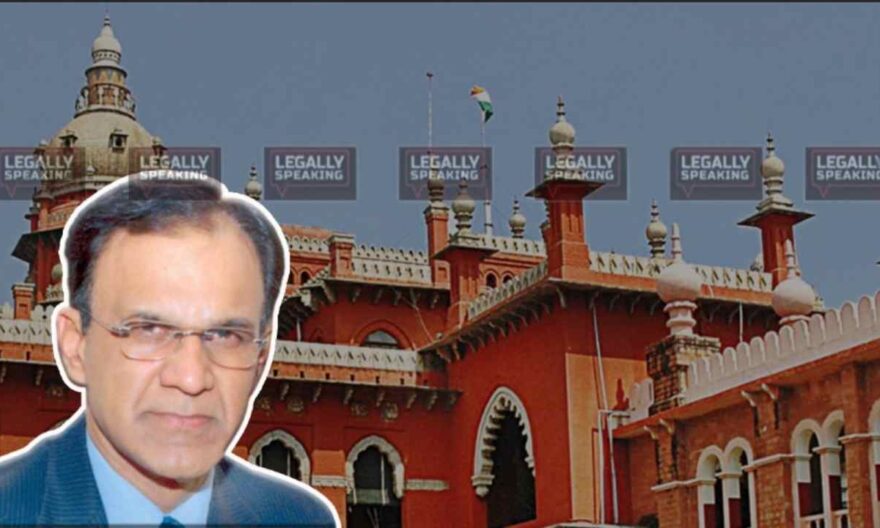
Justice SV Gangapurwala, Chief Justice of the Madras High Court, recused himself on Monday from hearing an appeal concerning a single judge’s order directing the Madras Bar Association to grant membership without discrimination.
The single judge had expressed criticism of the Association’s bye-laws, which were deemed to create obstacles for ordinary lawyers seeking membership. Additionally, the court directed the Association to provide a compensation of five lakh rupees to Senior Advocate Elephant G Rajendran for the denial of drinking water to his son by a senior lawyer in 2012.
During the proceedings before the bench comprising Justice Gangapurwala and Justice PD Audekesavalu, the Chief Justice mentioned that the single judge had issued an order regarding appropriate administrative measures to relocate the Bar Association from the High-Security Zone to an alternative location. Consequently, the Chief Justice stated his inability to hear the appeals.
“Shifting of Madras Bar Association / second respondent from “High-Security Zone” to any other place in the High Court premises is within the exclusive domain of the High Court administration. It is for the Registrar General, Madras High Court to initiate appropriate actions by placing all the facts before the Hon’ble The Chief Justice of Madras High Court,” Justice SM Subramaniam order stated.
The appeals originated from a single judge’s order, wherein the Bar Association was directed to provide compensation for an incident involving the denial of drinking water by one of its members. Furthermore, the single judge ordered the Bar Association to grant membership to all practicing lawyers of the High Court, without any form of discrimination based on caste, gender, religion, economic status, personal affiliations with Senior Advocates or dignitaries, or political affiliations.
Regarding the petitioner’s contention that the Madras Bar Association, currently situated within the High-Security zone of the High Court, should relocate to a new building within the Court premises, thus utilizing the occupied area for Court Halls, the single judge opined that such matters fell under the exclusive jurisdiction of the High Court administration. Consequently, the single judge directed the issue to be brought before the Chief Justice for consideration.




